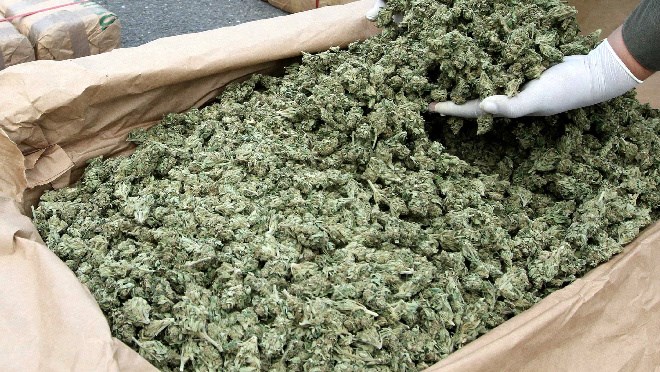Under a new system that took effect April 1, medical marijuana users have to get their supply from centralized, approved growers. Greater Sudbury passed a bylaw recently that dictates where the facilities can be located, and set down several rules. For example, there must be a 150-metre buffer around the facility, and they can only be built on land zoned for industrial uses.
The bylaw gives cities a measure of control over the legal grow-ops, and unidentified groups have already expressed interest in creating one in Sudbury. However, background checks and other legal aspects are being handled by the RCMP, and local police have no formal role in the process.
The motion passed Tuesday would allow municipal forces to conduct their own checks on the people running the medical marijuana facilities. Pedersen said local police often have information not available to the RCMP.
“The concern we have locally is that information we have isn't getting to the decision makers,” he said.
“It may not be a direct criminal offence or an offence under the Controlled Drugs and Substances Act, but other violations any governance board would want in their information packet in deciding whether or not that individual or organization is suitable for that licence.”
It's inevitable that pot from the medical marijuana facility will find its way on the streets, Pedersen said, placing a larger burden on police.
“There will be individuals out there who will not be using it medicinally, who will not be using it for the purpose intended,” he said.
“Without sounding like the sky is falling, (it will get) into the hands of people who are not using it with a prescription. And that, of course, can result in all sorts of crimes – from retaliatory crimes to drugged driving crimes. And that is pressure we expect will come to our organization.”
Pedersen expects the facilities will lead to increased crime and costs for police, although how those costs will be absorbed is still to be determined.
“I can assure you that police bodies throughout the country have already had those conversations ... Will it level out over time? We'll see.”
Join Sudbury.com+
- Messages
- Post a Listing
- Your Listings
- Your Profile
- Your Subscriptions
- Your Likes
- Your Business
- Support Local News
- Payment History
Sudbury.com+ members
Already a +member?
Not a +member?
Sign up for a Sudbury.com+ account for instant access to upcoming contests, local offers, auctions and so much more.



